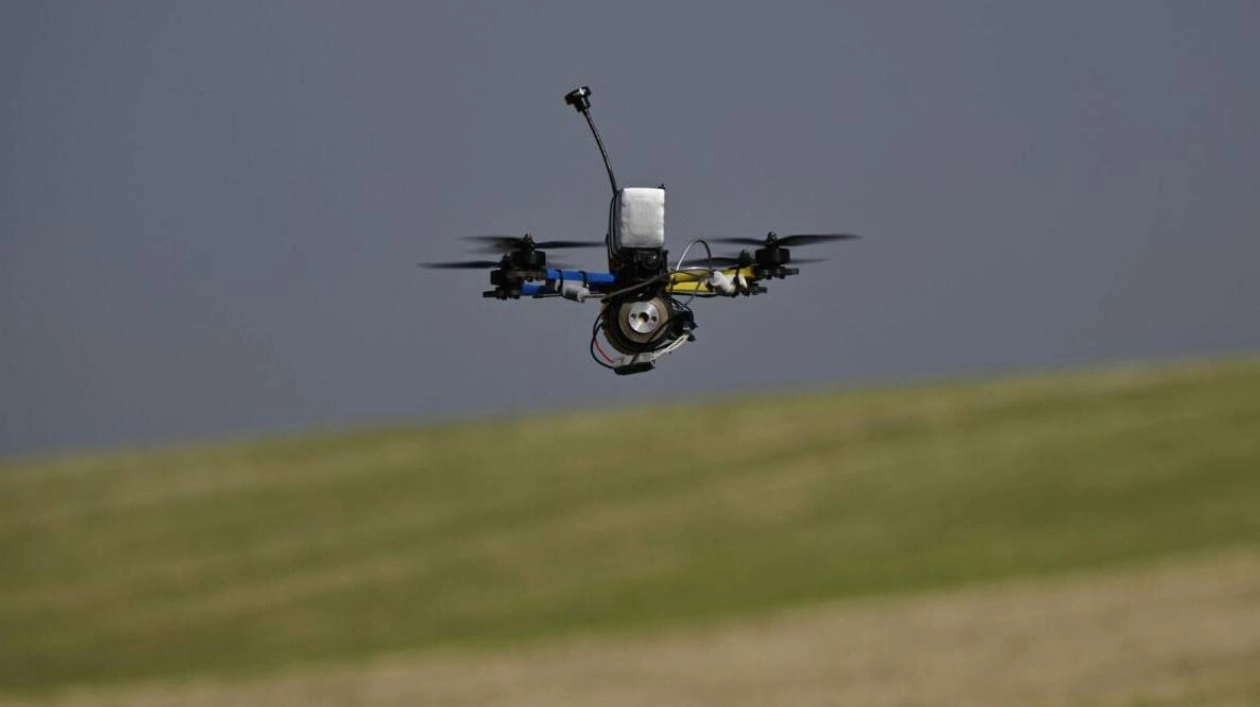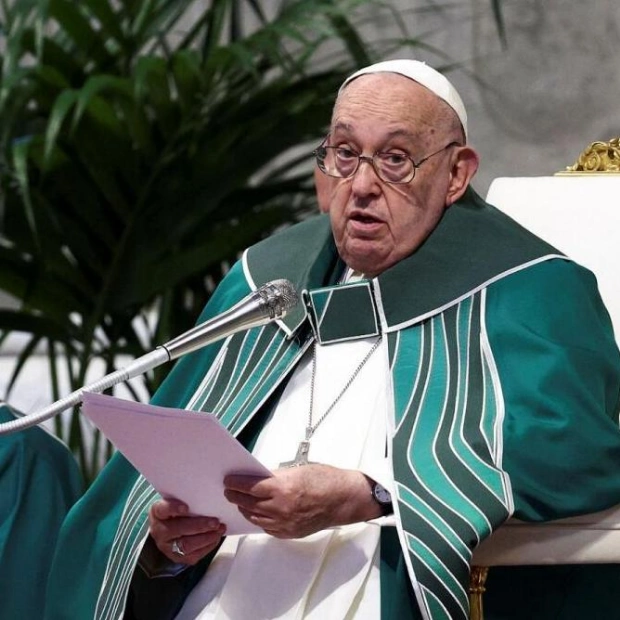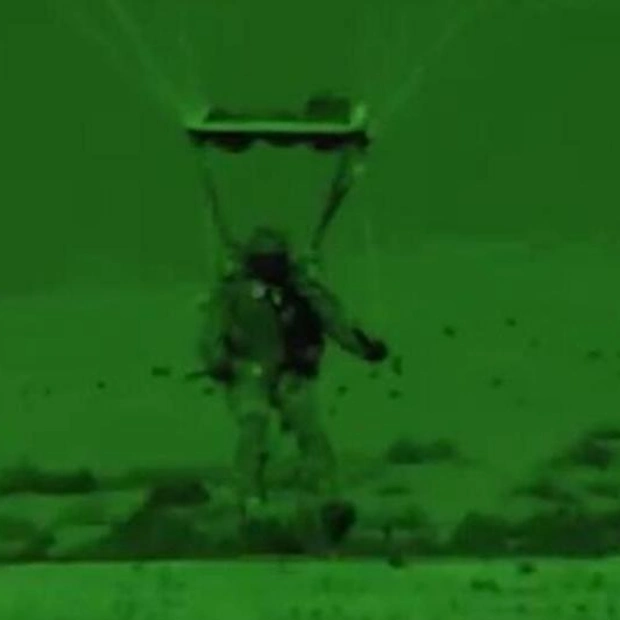Russia has reportedly set up a weapons program in China to develop and produce long-range attack drones for use in the war against Ukraine, according to two sources from a European intelligence agency and documents reviewed by Reuters.
IEMZ Kupol, a subsidiary of Russian state-owned arms company Almaz-Antey, has developed and flight-tested a new drone model called Garpiya-3 (G3) in China with the help of local specialists, according to one of the documents, a report that Kupol sent to the Russian defence ministry earlier this year outlining its work.
Kupol informed the defence ministry in a subsequent update that it was able to produce drones including the G3 at scale at a factory in China so the weapons could be deployed in the 'special military operation' in Ukraine, the term Moscow uses for the war.
Kupol, Almaz-Antey, and the Russian defence ministry did not respond to requests for comment for this article. China's foreign ministry told Reuters it was not aware of such a project, adding that Beijing had strict control measures on the export of drones, or unmanned aerial vehicles (UAVs).
Fabian Hinz, a research fellow at the International Institute for Strategic Studies, a London-based defence think tank, said the delivery of UAVs from China to Russia, if confirmed, would be a significant development.
Samuel Bendett, an adjunct senior fellow at the Centre for a New American Security, a Washington-based think tank, said Beijing would be hesitant to open itself up to international sanctions for helping Moscow's war machine.
The White House National Security Council said it was deeply concerned by the report of the drones program, which it said appeared to be an instance of a Chinese company providing lethal assistance to a US-sanctioned Russian firm.
A NATO spokesperson said via email: 'These reports are deeply concerning and Allies are consulting on this matter.'
Britain's Foreign Office called on China to stop providing diplomatic and material support to Russia's war effort.
The G3 can travel about 2,000km with a payload of 50kg, according to the reports to the Russian defence ministry from Kupol, which was placed under US sanctions in December 2023.
Kupol has taken delivery of seven military drones made in China, including two G3s, at its headquarters in the Russian city of Izhevsk, according to the two separate documents reviewed by Reuters.
The two intelligence sources said the delivery of the sample drones to Kupol was the first concrete evidence their agency had found of whole UAVs manufactured in China being delivered to Russia since the Ukraine war began in February 2022.
The sources showed Reuters five documents in all, including two Kupol reports to the ministry in the first half of the year and the two invoices, to support their claims of the existence of a Russian project in China to manufacture drones for use in Ukraine.
Beijing has repeatedly denied that China or Chinese companies have supplied Russia with weapons for use in Ukraine, saying the country remains neutral.
The new documents reported here indicate state-owned Kupol has gone further by sourcing complete UAVs from China.
Both Russia and Ukraine are racing to ramp up their production of drones, which have emerged as highly effective weapons in the war.
David Albright, a former UN weapons inspector who heads the Institute for Science and International Security research group, said that Kupol could skirt Western sanctions on Russia by setting up a production facility in China where it could access advanced chips and expertise.
The G3 is an upgraded version of the Garpiya-A1 drone, according to Kupol's reports sent to the defence ministry.
Kupol said that within eight months, the project in China would be ready to produce a Chinese-designed REM 1 attack UAV with a payload of 400kg.
The sources said another Russian defence firm called TSK Vektor acted as the intermediary between Kupol and Chinese suppliers in the project.
A separate document reviewed by Reuters reveals plans involving Kupol, TSK Vektor, and Redlepus to establish a joint Russian-Chinese drone research and production centre in the Kashgar special economic zone in China's Xinjiang province.
Last week, Russian President Vladimir Putin said his military had received around 140,000 drones in 2023 and that Moscow planned to increase this number tenfold this year.






